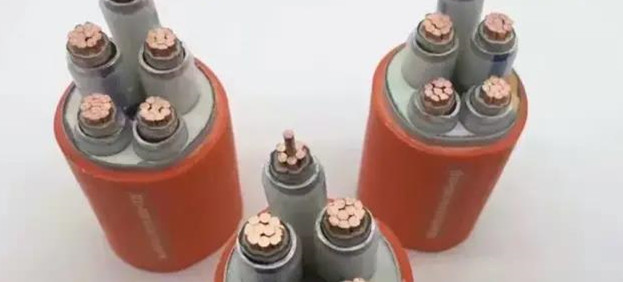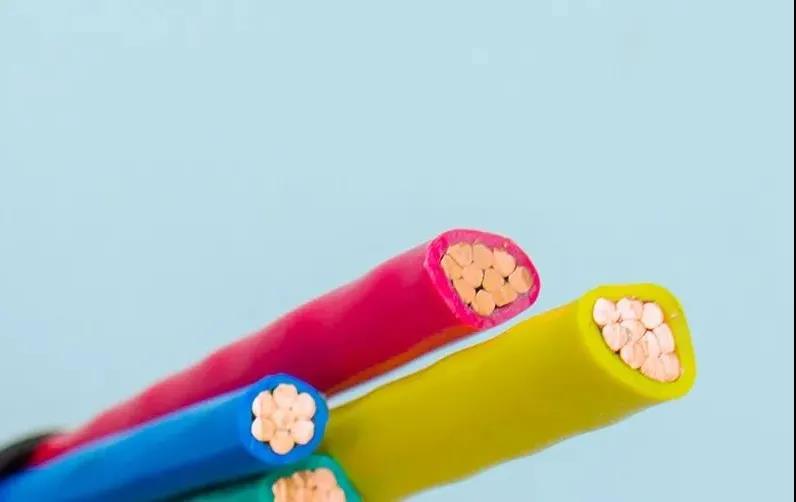1. Scope of application
When the PVC insulation layer and sheath layer of the overhead cable have local defects, they are allowed to be repaired, such as broken glue, collapsed pits, disconnections, wrinkles, bumps, ears, edges, breakdowns, joints, etc.
2. Use the same plastic strips, skins, blocks and tubes for materials and equipment raw materials. The raw materials should be smooth, clean, and free of other defects. The instruments used are fine wooden files, knives, scissors, pliers, screwdrivers, copper sheets or flat and smooth cable paper. The power of hot-air plastic welding torch, electric soldering iron and welding torch for plastic welding is above 300W.
3. The repair method of local defects
Repair methods such as breakdown points, holes, and collapse pits. Repair defects with a knife and cut into plastic blocks of the same size with a slope of 45°, place them on the repair area, fix them with pliers or a screwdriver, and then use a hot air speed welding gun to continuously weld them, and use copper sheets to compact and compact them. ,To flatten. When welding plastic, pay attention to the hot air temperature of the welding torch not to be too high to avoid scorching of the plastic in the repaired area. The repaired defect is tested by a spark machine, and it is qualified if it does not break down. Use a knife to cut the defect of the plastic layer into a slope of 45°, remove the plastic block or strip with the same shape, color and thickness, and fix it with pliers or a screwdriver. After completion, connect it with a hot-air speed welding gun, then use a copper sheet to compact, compact, flatten, and finally pass the spark machine test, and it is qualified if it does not break down. Scrape the plastic defect flat with a knife, fill in the recessed part with the same plastic strip under the action of a hot-air plastic welding gun, and then flatten, compress and compact the defect repair place with a copper sheet. After the spark machine test, no breakdown Is qualified.
area. The repaired defect is tested by a spark machine, and it is qualified if it does not break down. Use a knife to cut the defect of the plastic layer into a slope of 45°, remove the plastic block or strip with the same shape, color and thickness, and fix it with pliers or a screwdriver. After completion, connect it with a hot-air speed welding gun, then use a copper sheet to compact, compact, flatten, and finally pass the spark machine test, and it is qualified if it does not break down. Scrape the plastic defect flat with a knife, fill in the recessed part with the same plastic strip under the action of a hot-air plastic welding gun, and then flatten, compress and compact the defect repair place with a copper sheet. After the spark machine test, no breakdown Is qualified.

4. The repair method of large joints
1) Repair of general large joints: use a knife to cut the plastic layer on both sides of the broken plastic layer into a slope of 45° along the circumference, and take it clean, the color and thickness are the same, and the length and outer diameter are the same as the broken glue. The plastic pipe is cut on one side of the pipe to form openings with an angle of 45° to each other. Put it at the glue break, tie it at equal distances with a thin copper wire, and then use the same plastic strip to be welded by a hot-air plastic welding torch. After welding, use copper sheet to compact, compact and flatten. It is qualified if it does not break down after the spark machine test.
2) Repair of large joints in the production process: During the production process, due to other reasons, the temporary stop, the sheath is disconnected, and the joint can be continuously connected. The method is to cut the plastic sheath into a circular slope with a 45° angle, retreat to the machine head, extend it into the mold core mouth for 30mm, and then run the glue. After the glue is run, the crew will cooperate with each other and drive the car. Connect the plastic layers by hand, and then reshape and repair.
3) Quality defects appear in the longer length of the cable sheath from one end, and most of the sheath of the other broken end is good, and the cable length is fixed, and the large joint repair method in the production process can also be used. Only after removing the defective end of the sheath, select a larger mold on the extruder, according to the process, first extrude the end of the sheath, and gradually increase the traction speed to the large joint so that the sheath at the interface gradually It is thinned and wrapped on the original sheath that is cut into a slope shape, and it will be reshaped and repaired after the machine is off.
